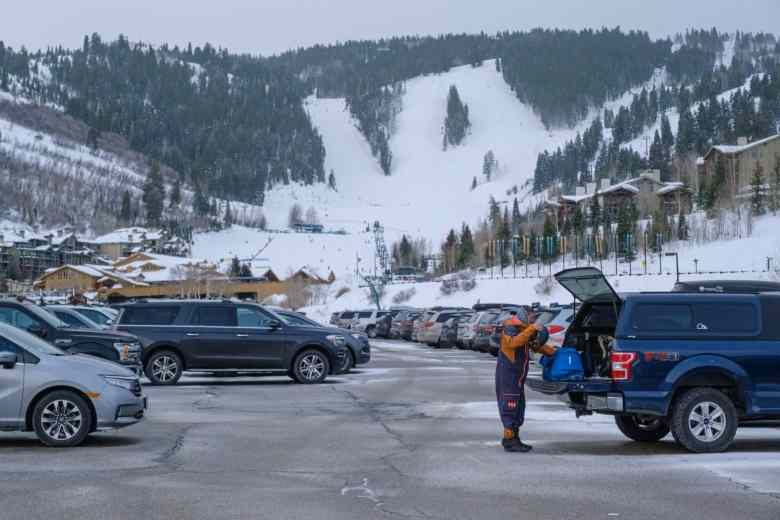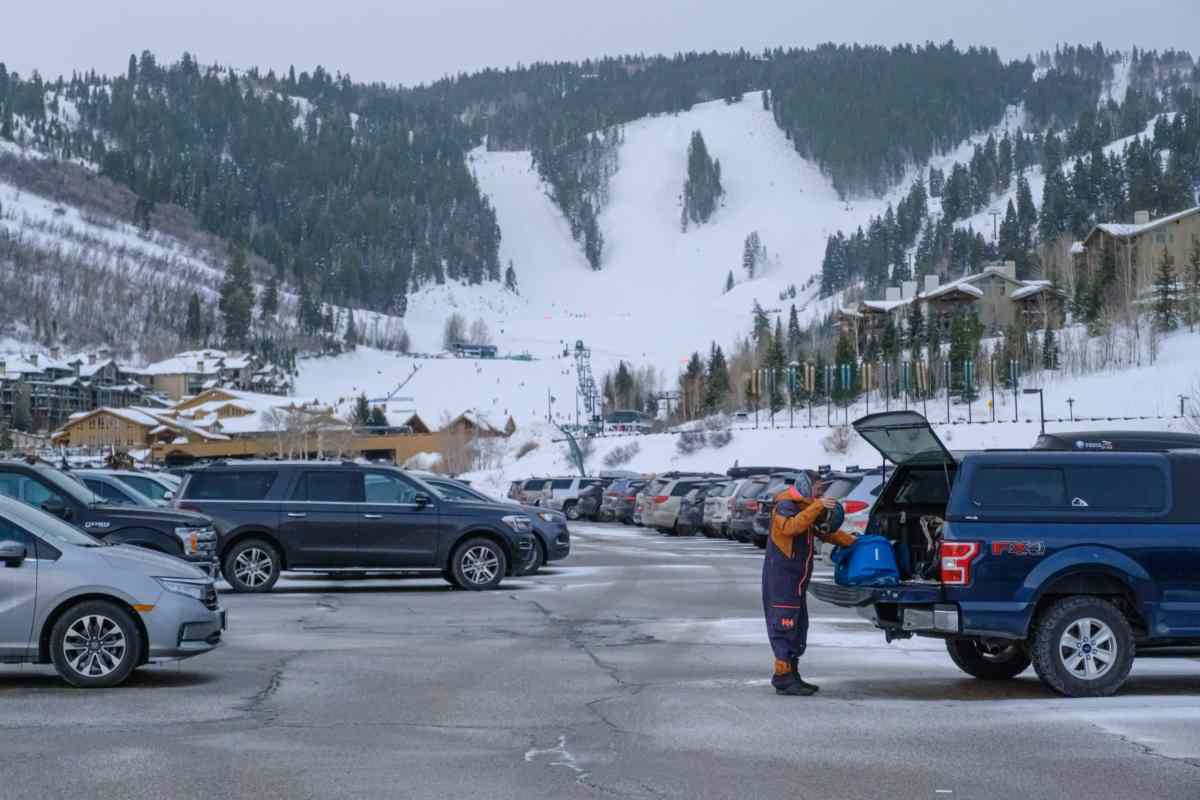
If you haven’t heard of the travel website travelmag.com before now, you’re not alone. Poking around it a bit, it seems to us as estimable as any other niche website but it only came to our attention recently because it ranked the most expensive ski resorts in North America by price, using the least expensive reasonable lodging.
It found the average amount two guests would pay to spend four nights in “the cheapest available hotel, inn, ski lodge or condo” at a given ski resort from Jan. 1 to March 30, 2023. Only “well-located (close to a ski lift) accommodation options with positive average customer reviews were considered.” The rates include all taxes and fees, according to travelmag.com, and “were gathered based on rates found on established hotel or vacation rental booking websites.”
Then it combined those rates with the average price at a ski resort for three-day lift passes for two, using the respective resort websites, and including all taxes and booking fees.
The result, and the major takeaway for travelmag.com, is that “the most expensive ski resort in North America is located in Utah” — Alta, at $4,181.
At No. 2 is Snowbird, at $4,049 — and only because the Snowbird lift tickets were slightly less expensive than Alta’s.
On the list of 30 most ski resorts, one descends past Beaver Creek, Vail, Snowmass, Jackson Hole, Palisades Tahoe, Big Sky, Aspen, Copper Mountain and Steamboat Springs before arriving at No. 12, Deer Valley Resort — which by then starts to look almost like a bargain at $2,456.
While the Deer Valley lift-ticket rate, $1,388, is considerably more than Alta’s, at $958, the “cheap” lodging cost, at $1,068, seems almost like a steal next to Alta’s and Snowbird’s, at $3,223.
At No. 13 is Breckenridge, and then, at No. 14, Park City Mountain, for $2,281 ($1,003 for lodging, plus $1,278 for lift tickets).
This pricing doesn’t seem to take into account the cost of lift tickets if you have an Ikon or Epic pass — but the list could be an incentive to buy a pass if you can locate four nights’ lodging for two in Park City for about $1,000. You might be dissuaded from going to Alta or Snowbird, but for resort parent companies like Vail Resorts, which is publicly traded, and Alterra Mountain Company, owned by private equity, which are competing for volume of pass sales, all’s well.
This may not be the best news for some Parkites, however, who are discouraged by the inundation of visitors and traffic, the shortage of affordable year-round housing and what they see as the character of their community at risk.
Since the ski resorts aren’t going away, the solution, perversely, may lie in driving up the average cost of lower-end lodging to reduce or maintain overall visits while also keeping profits high for Vail Resorts’ and Alterra’s executives and investors, who would have it no other way. That’s not so different from what the Park City Chamber/Bureau has been touting. It could be a two-edged sword, though, since people who pay more for lodging probably will expect more service, which could mean more workers, more traffic — and even less affordable housing.
If we could deal with the housing and labor questions more fairly — a huge “if” — then driving up lodging costs could be the rare instance of capital being made to serve the more common good.

